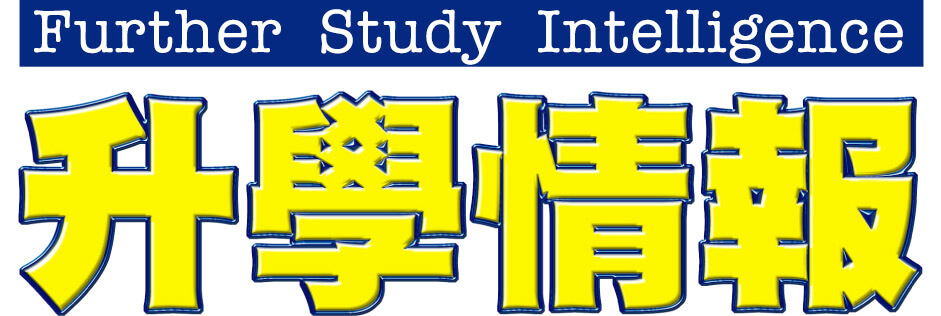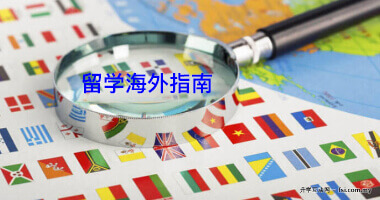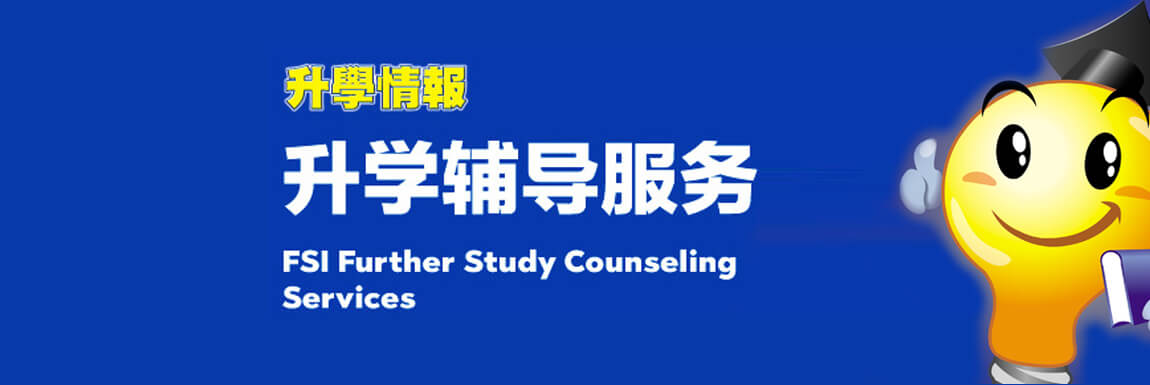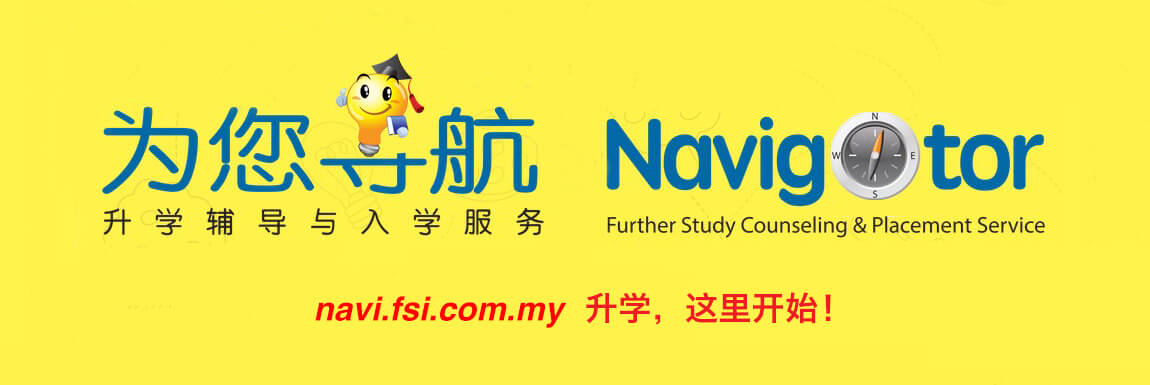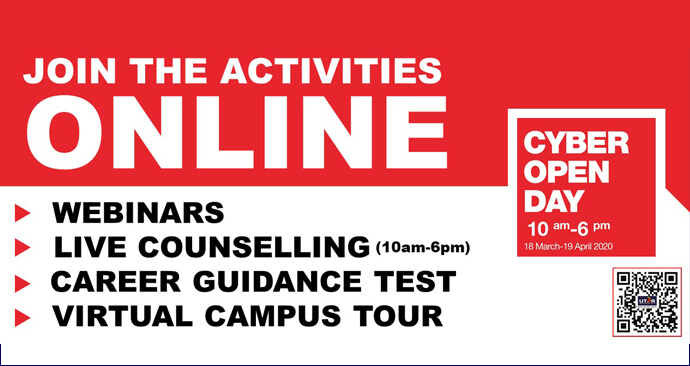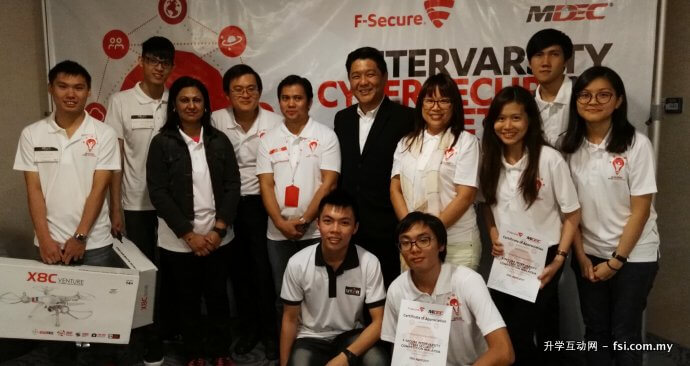
Datin Paduka Marina.
Datin Paduka Marina Mahathir spent an afternoon with students from the Faculty of Arts and Social Science (FAS) at UTAR Kampar Campus on 30 July 2015. The session, titled A Moment with Marina Mahathir, was organised by the FAS Student Development Committee and was attended by more than 200 students and staff who got up close and personal with the daughter of Malaysia’s fourth Prime Minister, Tun Dr Mahathir bin Mohamad.
Reminiscing the watershed moment in her life after being invited to chair the Malaysian AIDS Foundation (MAF) in 1993 and also to help raise funds, Datin Paduka Marina said, “It was a big surprise then as I had never chaired anything before. I didn’t know what my qualification was except for having some experience in fund-raising and I also write a little.” Nevertheless she took a leap of faith to accept the challenge as it also dawned on her that she wanted to do something worthwhile.
According to the former Malaysian AIDS Council (MAC) President, that very year was also when AIDS began to gain prominence around the world – something she deemed as global and important. “The Foundation was to raise money to support the activities by MAC. So that was my first job and I thought ‘Oh I could do this as I’ve done this before, organise events to raise funds,” she said, only to discover that raising funds for AIDS activities was different due to the stigma towards HIV-infected patients.

Students engrossed with Datin Paduka Marina’s talk.
Upon realising the fact that the stigma and prejudice stemmed from ignorance and lack of information, Datin Paduka Marina knew she had to educate people first before convincing them to contribute financially. “Before educating others, I had to educate myself, that was the most important thing of all,” she explained. She later discovered that besides science and medicine, AIDS also touches on subjects such as law, politics, economics, human rights and religion. “It’s one of the cross-cutting issues that affect every part of society and every aspect of society. After all the reading, conferences and talking to HIV experts, the most important thing I learnt that was that it is also a human problem affecting human beings,” Datin Paduka Marina pointed out.
The prolific writer also recalled the moment of epiphany while attending the X International AIDS Conference in Japan in 1994. “Jonathan Mann, then Head of WHO global programme of AIDS, spoke during the plenary session that AIDS had to be looked at in a different way – a human perspective, and not just the medical point of view. He noticed that the people who are most likely to get infected are those most marginalised, most vulnerable with least access to education and healthcare. These are people who have been denied the most basic human rights. That was how he linked health and human rights. That made total sense to me,” said Datin Paduka Marina.
It was also that same year in 1994 that Datin Paduka Marina was elected as MAC President. “From then on I’ve always seen AIDS as a human rights issue and everything I did was from the perspective that health is a human rights issue. The only way to solve the AIDS epidemic is to approach it from a human rights angle. Once you’ve decided how you want to approach things, it makes things very clear and more easily,” she revealed, further sharing the efforts made to ensure the victims had access to treatment, education and a livelihood to keep them going.
“The global effort to fight this epidemic resulted in lots of new discoveries and some of the changes were also applied in Malaysia. We managed to advocate for free treatment for HIV-positive mothers, and free HIV treatment in all public hospitals. We also started the needle exchange programme which worked so amazingly well in stopping the spread of HIV among drug users in spite of some objections,” she said, adding that another great success at that time was getting the involvement of religious leaders. “We know that religion is very much a part of everyone’s life and can be a positive force if harnessed properly. We talked to religious leaders and even developed a progressive manual, followed by an international conference on AIDS which was acknowledged by the UN as best practice.”
According to the inspiring columnist of The Star, the 22 years in AIDS activism have developed her personally and spiritually. Despite quitting as MAC President in 2005, Datin Paduka Marina confessed that she continued to learn and do new things to keep her going, from co-producing TV programmes for young women, joining Sisters In Islam in 2009 to speak about Muslim women rights, to creating a travelling website for women.
“Learning is life long,” Datin Paduka Marina said to the students. “Be clear about your goals and be sincere about what you want. This is how you can overcome most things.”
The enriching talk concluded with an interactive Q&A with students followed by a group photo session.

Datin Paduka Marina Mahathir (centre, in white blouse) with UTAR staff and students.
拉曼大学 Universiti Tunku Abdul Rahman 相关资讯;
http://www.fsi.com.my/会员专区/college-profile/?sponsor_id=168
http://www.fsi.com.my/utar/
拉曼大学学院 Tunku Abdul Rahman University College 相关资讯;
http://www.fsi.com.my/tarc/
